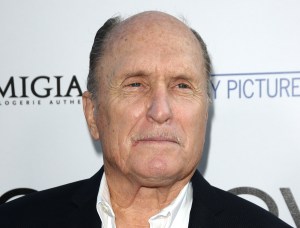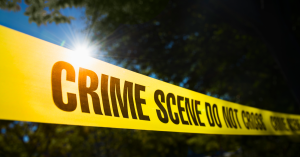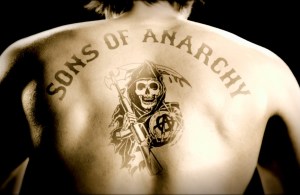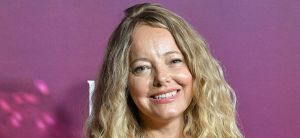Laura Trevelyan, a BBC World News journalist based in New York, announced she plans to leave the network on March 14 after three decades. Her decision comes weeks after she and other members of her family formally apologized for their ancestors’ role in the slave trade in the Caribbean. Trevelyan, 54, plans to join the “growing movement for reparatory justice for the Caribbean.”
“A new chapter is starting for me. After thirty incredible years at the BBC, I’m leaving tomorrow – to join the growing movement for reparatory justice for the Caribbean,” Tevelyan wrote. “Thank you to my beloved colleagues and to our amazing audience. I couldn’t be more grateful to you all.” The journalist also shared the memo BBC News Channel interim executive editor Paul Royall sent to staff announcing her exit.
Videos by PopCulture.com
Trevelyan and six other members of her family traveled to Grenada on Feb. 27 to present the government there with a formal apology for their ancestors’ roles in the slave trade. The letter was signed by 104 members of the Trevelyan family. Trevelyan also donated £100,000 to launch a fund by Sir Hilary Beckles, chair of the Caricom Reparations Commission reports The Guardian. Caricom is a group of 15 Caribbean countries.
In 1835, Trevelyan’s ancestors received £26,898 in compensation from the U.K. government after slavery was abolished the previous year. The family-owned six sugar plantations and over 1,000 enslaved Africans. John Dower, another member of Trevelyan’s family, said their involvement in slavery “amounts to crimes against humanity” and he hoped their actions would set an example for others.
“It’s absolutely fascinating that I am seeing history being made,” Nicole Phillip-Dowe, vice-chair of the Grenada National Reparations Commission, said last month. “It takes a leap of faith for a family to say, ‘my forefathers did something horribly wrong and I think we should take some responsibility for it.’ It is commendable that the Trevelyan family has taken this step and I hope it will be followed by others.”
Dower discovered the family’s links to the slave trade in 2016 when he was researching the family’s history. He then contacted his cousin Trevelyan and other members of the family. She learned her ancestor Louisa Simond married Sir John Trevelyan in 1757 and brought the Simond family’s partnership in Grenada sugar plantations into the family. Last year, she traveled to Grenada to film a BBC documentary exploring her family’s disturbing past.
“If anyone had ‘white privilege,’ it was surely me, a descendant of Caribbean slave owners,” Trevelyan told The Guardian. “My own social and professional standing nearly 200 years after the abolition of slavery had to be related to my slave-owning ancestors, who used the profits from sugar sales to accumulate wealth and climb up the social ladder.”
The Trevelyan family’s apology asked the U.K. government to do the same. “Slavery was and is unacceptable and repugnant. Its damaging effects continue to the present day. We repudiate our ancestors’ involvement in it,” the document read. “We urge the British government to enter into meaningful negotiations with the governments of the Caribbean in order to make appropriate reparations through Caricom and bodies such as the Grenada National Reparations Commission.”








